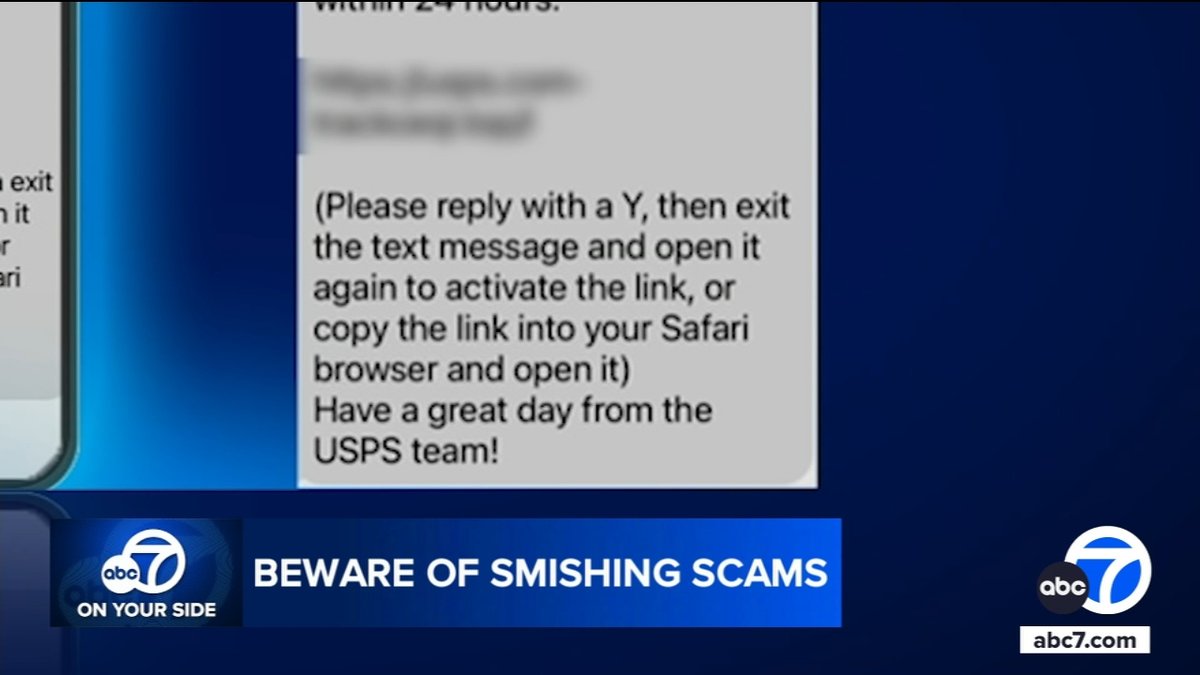Smishing Scams: The Text Message Trap You Didn’t See Coming

Ah, the modern age of communication—where a simple text could lead you down a rabbit hole of financial ruin. Welcome to the world of “smishing,” a term that should send shivers down the spine of anyone with a cellphone. The FBI has recently issued a warning about a surge in smishing scams, particularly those impersonating road toll collection services. This clever concoction of SMS and phishing aims to dupe unsuspecting users into revealing sensitive personal and financial information.
Picture this: you receive a text claiming you owe an “outstanding toll amount” of $12.51, complete with a link that mimics a legitimate toll service. Sounds innocent enough, right? Wrong! In the past year alone, the FBI’s Internet Crime Complaint Center (IC3) has received over 2,000 complaints about such texts—an alarming uptick that indicates a burgeoning trend in digital con artistry. The urgency in these messages is designed to push you into action, coercing you to click that link before you can think rationally. Spoiler alert: clicking that link is akin to handing your wallet to a stranger on the street.
The Federal Trade Commission (FTC) warns that this isn’t just a harmless prank; it’s a full-blown assault on your finances and identity. Scammers are not just after your cash; they want your identity, too. If you happen to fall for this trap and click the link, be prepared for a whirlwind of identity theft. Cybersecurity experts from Palo Alto Networks’ Unit 42 have shed light on the tactics used by these fraudsters, including the use of dubious domains often linked to Chinese cybercrime groups. So, if you see a link that looks like it came from a poorly named sci-fi movie, it’s time to hit the delete button.
In a world where cyber threats are as common as avocado toast, it’s crucial to remain vigilant. Apple’s iMessage does offer some protection by disabling links from unknown senders, but savvy scammers have found ways around it. They might ask you to reply with a simple “Y” to reopen the message and enable those nefarious links. The takeaway? Always scrutinize that domain name before you click—if it looks fishy, it probably is.
Should you find yourself targeted by these digital pickpockets, the FBI advises filing a complaint and deleting the offending texts. If you’ve shared any personal information, it’s time to secure your accounts and keep a watchful eye on your financial statements. In this age of technology, knowledge is not just power; it’s your best defense against the smishing scourge lurking in your text messages.
Sources: Celebrity Storm and People Magazine, Forbes, Federal Trade Commission, Palo Alto Networks
Image Credit: Title: Untitled, Author: No author info, License: [‘cc_attribute’, ‘cc_nonderived’, ‘cc_publicdomain’]




